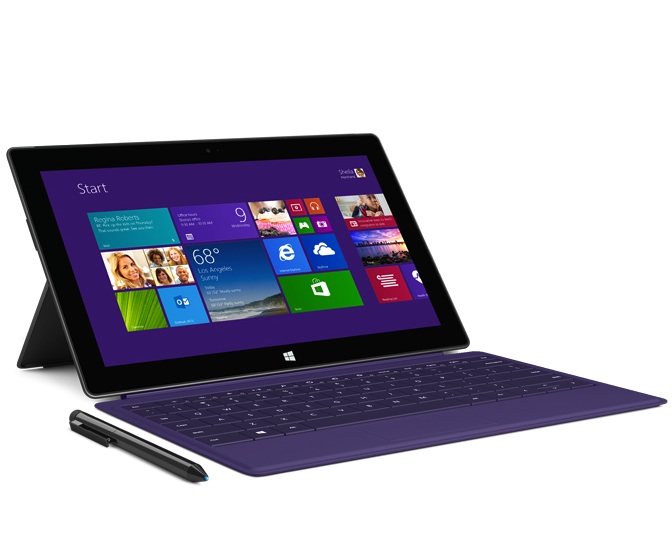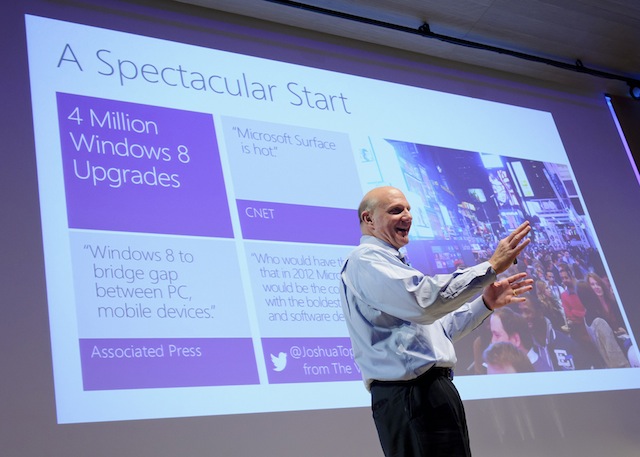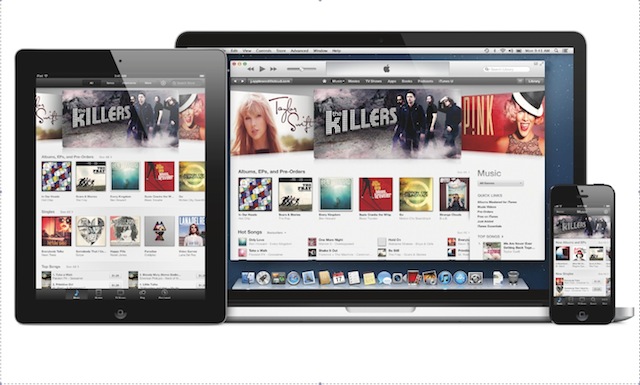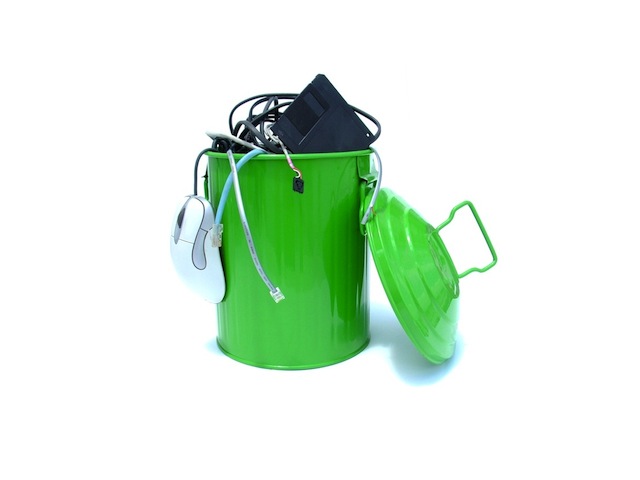Microsoft have released their second generation Surface tablet computers following the less than successful first versions that resulted in the company booking a $900 million write off.
As always, the new devices boast improved battery life, better screens and more storage, all of which are important when competing against Apple’s iPad and the plethora of Android devices.
For Microsoft, the stakes are high as the company tries to position itself as devices and services business in the post-PC world where tablet computers are one of the key markets.
Unfortunately the PC industry’s legacy haunts Microsoft as the market believes it takes the company three attempts to get a product right.
Microsoft Windows is the best example of this, versions one and two of the graphic operating system* were total and utter dogs. It was only with the arrival of Windows 3.0 that PC users started to migrate from DOS.
This failure to execute lulled Microsoft’s competitors into a false sense of security, WordPerfect in particular completely flubbed the market’s move to Windows and never recovered which was a large reason for Microsoft Office’s eventual domination of the word processor and productivity suite sector.
Strangely with Windows another pattern developed once Microsoft came to dominate the market, every second version was a dog – Window 98 was followed by the awful Windows ME which in turn was replaced by probably the most successful OS of all in Windows XP.
XP, released at the high point of Microsoft’s powers, was followed by the disastrous Vista which was redeemed by Windows 7 that was in turn soiled by the now soon to be abandoned Windows 8.
The problem for Microsoft is the PC industry model is in decline and the company is no longer a scrappy disrupter but instead a wounded giant wondering how to react to a rapidly changing market.
In the face of Apple and Google’s domination of the tablet and smartphone markets, taking three cracks to get their tablet right is going to be an expensive and difficult path for Microsoft.
Steve Ballmer’s place in business history might just depend on this version of the Surface, if it does take three attempts to get Microsoft’s tablet product right then his legacy may not be well judged.
*Purists will argue that early versions of Windows weren’t operating systems as they sat on top of DOS which did the heavy lifting. They are right.






